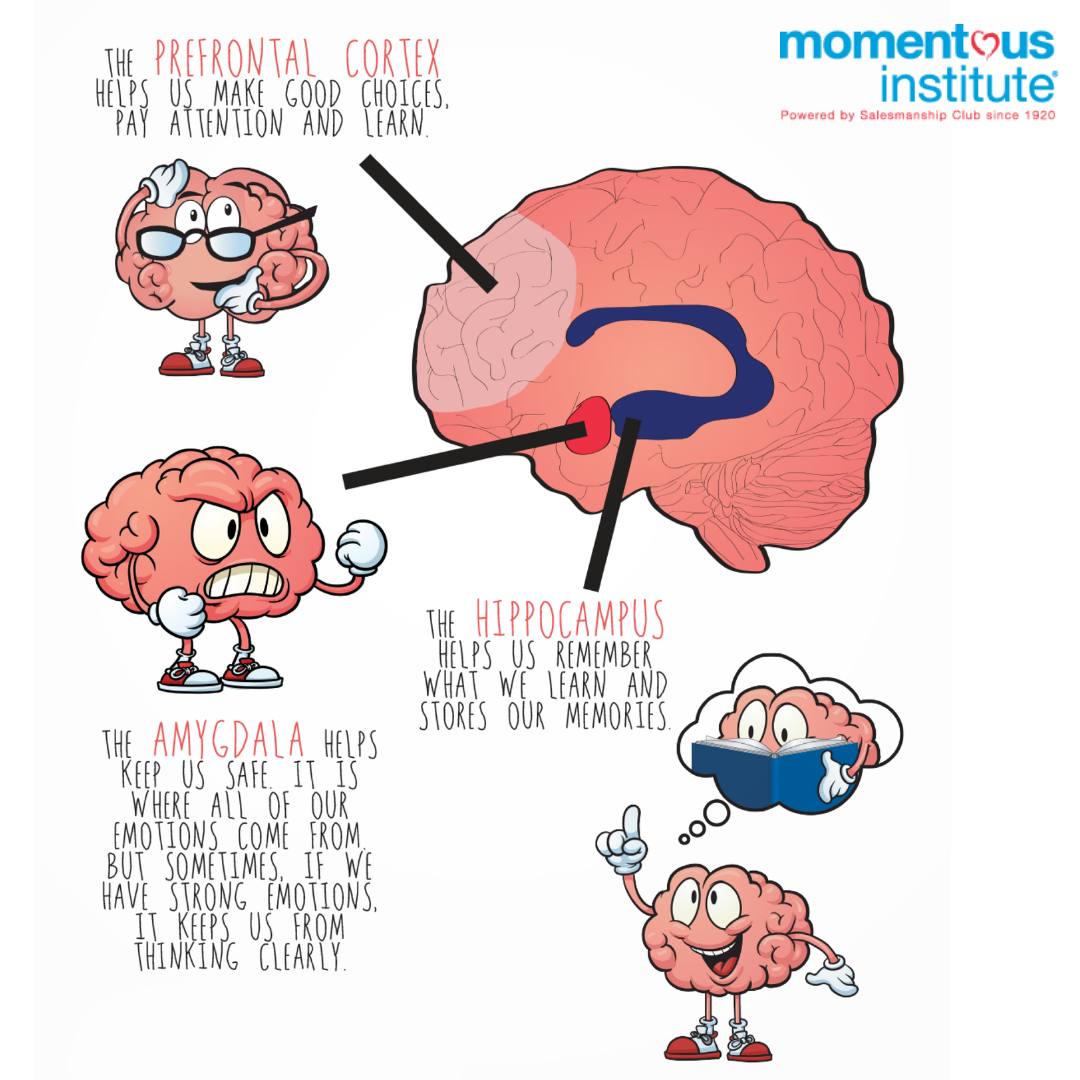What is Emotional Intelligence?
Emotional Intelligence is the ability to identify, evaluate, control and express your emotions, and to be able to read and respond appropriately to the emotions around you.
Emotional Intelligence involves:
• Emotional Literacy: Recognising your own feelings and the feelings of others
• Managing emotions: Being able to control your emotions effectively
• Developing empathy: Understanding and sharing the feelings of others
• Motivation: Pushing yourself to meet the goals you have set.
Why is Emotional Intelligence important at Bowman?
Emotions are a fundamental part of being human and central to our communication and connections with each other. It is therefore of paramount importance that we at Bowman support our pupils in developing their Emotional Intelligence.
Improving Emotional Intelligence in children can help them:
• Improve self-awareness
• Manage stress
• Boost self-motivation
• Build empathy
• Make good decisions
• Communicate effectively
• Develop relationships
All emotions are normal but some are stronger than others. We want our pupils to be able to manage the range of emotions they may experience in life.
Emotion coaching will be used as a whole school approach to facilitate our pupil’s ability to self-regulate (manage emotions and impulses). This will be used beyond the instance of a pupil experiencing a heightened behavioural period, and instead used through a constant individualised approach utilising; visual aids, therapies, mindfulness, emotion resources inside and outside the classroom such as; displays around school, an emotion section within the class libraries, and self-care strategies.
How do we support the development of our pupil’s Emotional Intelligence at Bowman?
Inform, equip, coach and facilitate.
We will inform and teach our pupils about their brain function and the emotional response this creates within their body. For example;
The amygdala is key to how emotions are processed. If you feel threatened or afraid, the amygdala automatically activates the fight-or-flight response by sending out signals to release stress hormones that prepare your body to fight or run away. These responses can be triggered through emotions such as anxiety, aggression, fear or anger. We may feel this in our body through an increased heart rate.
We will endeavor for Bowman pupils to recognise these feelings within themselves and equip them with strategies to promote self-regulation and management of such strong emotions. This will be through staff consistently modelling the recognition of emotions and using appropriate language at all times in the school day, our bespoke curriculum providing timetabled lessons that encompass emotional intelligence and flexibility to provide targeted emotional interventions to support individuals that require additional support.


